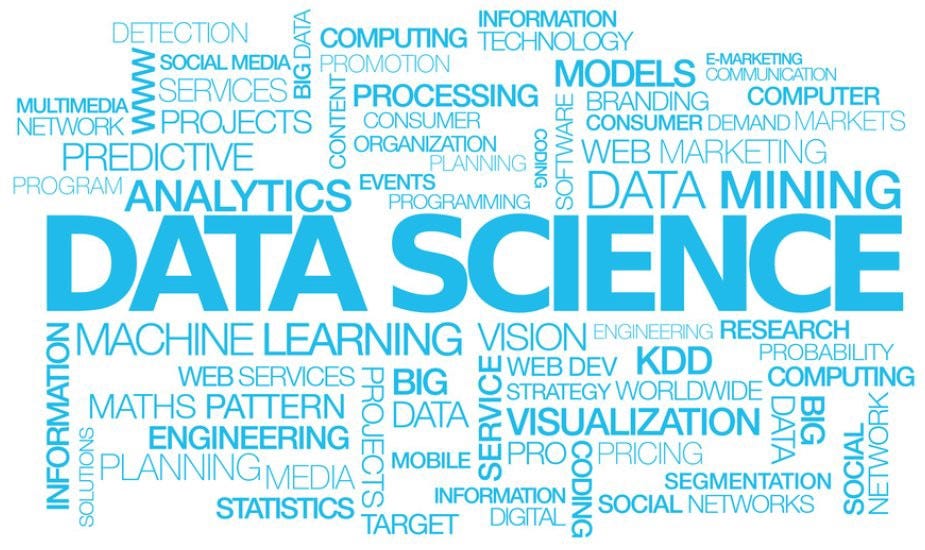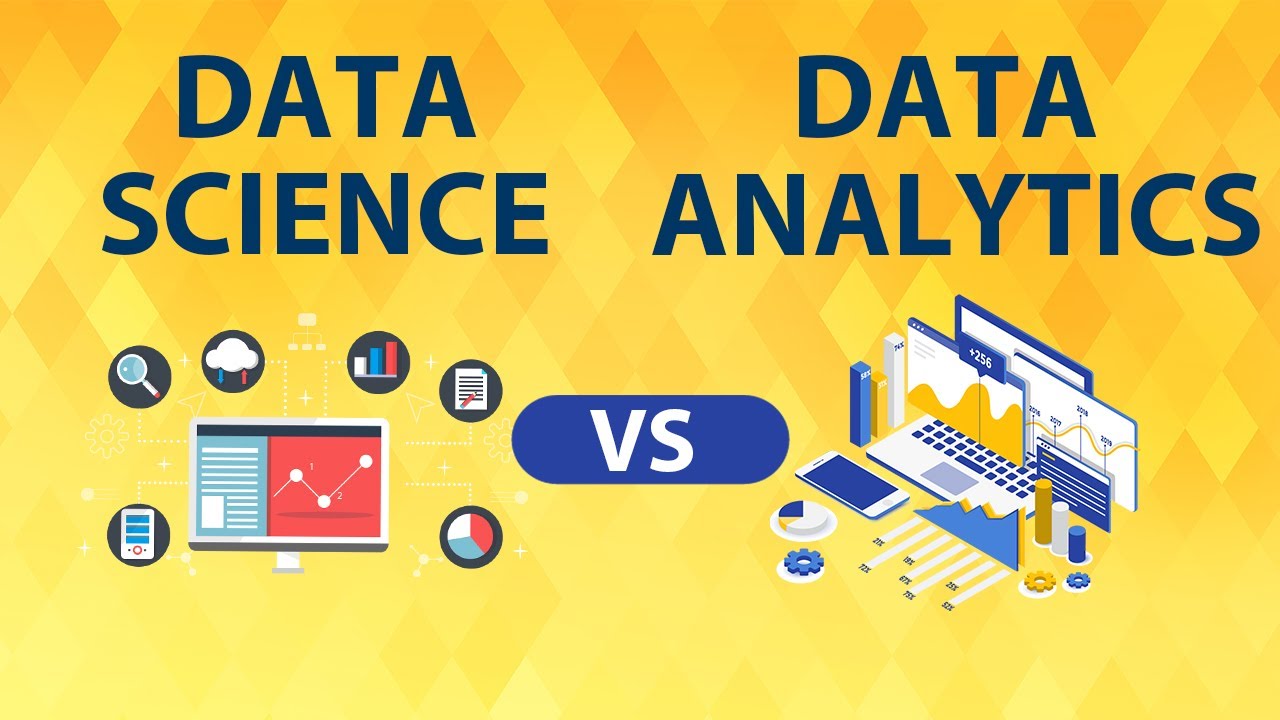Introduction To Data Science In Job Portals:
What can be the common factor between an award-winning journalist, a photo-editor, the CEO of a fast-food chain, and an investment banker? Any guesses? If you guessed data, then you are correct. Every sector has seen an increase in decisions backed by data. This is beneficial on multiple counts. There are lesser chances of getting things wrong- as long as you are using correct data and drawing correct analysis. You will no more need to depend on using random guesses or polls to decide on solutions to your business problems.
Data Science and Analytics has helped companies use the massive amount of data generated within their companies along with that from external sources like the web. When it comes to Job Portals and Job Boards, most of their data sources are external, and hence require a lot of cleaning and sorting of data so that users have an easier time using the data, analyzing it and eventually, running models on them.

Data Science Vs Data Analytics:
First and foremost, we must understand the difference between these terms, since they are often used interchangeably (and incorrectly). Since we will be discussing how both benefit Job Portals, it is important to have a basic understanding of both. Data Science is an umbrella term for all the fields used to mine information from large data sets. Data Analytics is a more focused subset, that mostly deals with actionable items applied or implemented into business processes very easily.
Another massive difference lies in the degree of exploration. Data Science is mostly the parsing of huge datasets, using common methodologies in hope of exposing certain metrics and insights. It gives you a broad perspective of the data at hand. On the other hand, data analytics used to answer specific questions, and draw conclusions that reveal hidden gems in the data. Let me explain this with some data. Say you scrape job listings of a certain sector from a website like Indeed.
Now you are with millions of job listings of a certain region and sector. You could explore the data and come up with insights such as – people with greater than 5 years of work experience can expect double the pay, or find an outlier – a company that pays a lot more than its competitors because it wants the best talent. All this would fall under data science. But suppose you want to know which perks are most common among companies in the sector and want to stack them up by frequency in which they are listed in the job postings that you scraped. Now this will fall under data analytics- because you are trying to find the answer to a very specific question.

What Can Data Science And Analytics Do?
When it comes to job data- a lot. Today, job data scraped by anyone with a good scraping engine and time. New regional and niche job boards seen every day, and they aim to cater to a smaller crowd but in a more personalized manner. What they miss out is doing more with the data in hand. Just presenting the data in an infinite scroll with a few regular filters may not be enough in today’s world. Data Science and Analytics can set a Job Portal apart when used correctly.
There Are Multiple Applications, But Some Would Be:
-
Automatic Matching Of Applicants To Job Profiles:
Matching job profiles or job listings to applicants is something recruiters try to do manually over hours. However, data science and machine learning models built on top of the data can help solve this problem in minutes.
The extent of the correctness of results will depend upon how well you have analyzed the data and separate data points that are key to identifying a suitable candidate. The process can help at both ends of the spectrum. You can offer this service to companies who need to filter out candidates or find the best candidates for a post, or even to job applicants who want to know which job applications they are the best fit for. This is probably the most complicated solution that job portals can use on top of their data but also one that is most desirable and can set you a mile ahead of your competition.
-
Ability To Create Custom Filters-
What are the filters that you usually see in job posts? Filter by location? Filter by position? Salary? Well, what about filtering job posts for Software Engineers where the programming languages mentioned are Java and Python? Or what about a job post where the keyword “marketing” should be there but not “sales”? Such custom filters are not easy to build. But are important for a better analysis of the data and also for job seekers to get their desired job more easily. Deciding on which filters to build can be done based on tracking search patterns and other data generated by users on your job board.

-
Presenting Daily Insights-
While this may not be specifically helpful in applying to jobs. Such data insights can draw a greater and varied crowd to your job board. These insights can range from – “289 job posts for Data Engineer posted on our website today.” to “76 candidates who applied for the post of HR manager at Xyz Inc. are selected.”

-
Custom Metrics Based On One’s Profile-
When you are applying for a job, one of the first questions that come to your mind is- “Where do I stand in the crowd?” Thankfully, in today’s world, data answers these questions and more. Websites like Linkedin are already providing deeper insights when applying to jobs for individuals with the paid “premium” plan. These insights can help candidates get certifications or train in technologies that they might need to get a job. Say a software engineer finds that a programming language is known by most of his competitors when he applies to different jobs. He will likely learn the language or do a MOOC, and then apply to jobs with his newly updated credentials.

-
Data Can Even Help Candidates With Custom Queries-
Say a candidate who comes across your job board is not sure of the salary that he should expect with his given experience. Or he is unsure whether to apply for the role of an associate professor or a senior professor. Using data at your disposal, you can help candidates get the answer to such questions using custom queries.

Conclusion:
Today data is the key to everything- be it unlocking market secrets. Or finding the secret sauce to making your business a success. While certain sectors of businesses are still stuck to the brick and mortar format. Job hunting moved to the web a long time back. Whether you are getting job listings from companies or scraping them from websites. Data can help build more services on top, and that is the only way to further innovate in the field of job-search. Our team at PromptCloud helps job portals and online job boards through an automated job discovery tool called JobsPikr. It not only provides you with a way to get job posts in an automated plug-and-play format. But also streamlines the flow of data through the use of custom filters and preprocessing.




